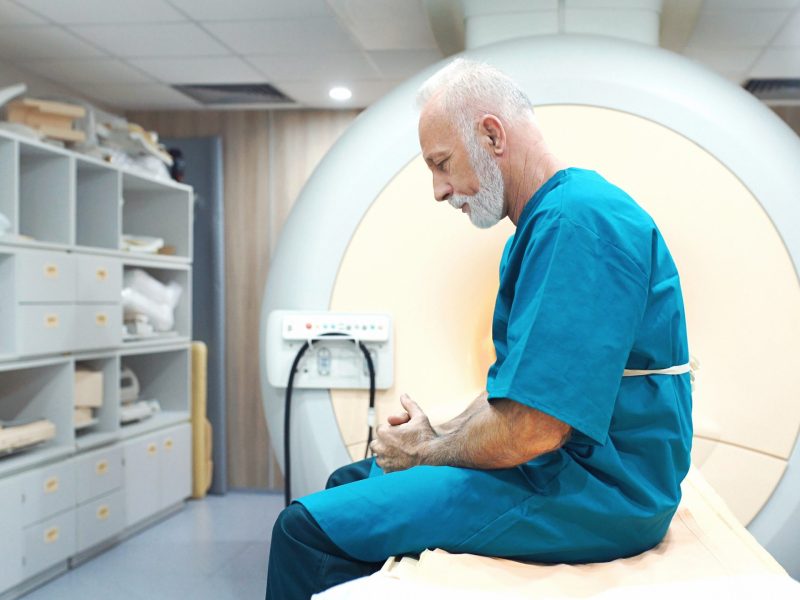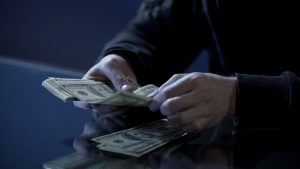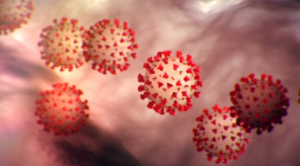As many states across the country begin to relax “Stay-at-Home” restrictions, citizens are venturing out in public and businesses are starting to reopen. While things may appear to be slowly moving toward getting back to normal, federal regulators are advising elected officials, business leaders and consumers about the potential for fraudulent COVID-19 antibody tests.
Anitbody tests, also known as serology tests, can tell if an individual or population has been exposed to COVID-19 by detecting antibodies to the coronavirus in blood samples. (Currently, there are more than 100 COVID-19 antibody tests on the market, but only a dozen have received emergency authorization from the U.S. Food and Drug Administration (FDA).)
The FDA recently issued a warning to be wary of fraudulent COVID-19 test kits after a group of research scientists compared COVID-19 antibody tests and found that many of them had false positive rates. (That means that individuals who tested positive for COVID-19 may not actually have had it.)
The FDA, which had originally allowed antibody testmakers to sell their products without sharing data with the government agency to validate accuracy, has now reversed its policy. (That’s a good thing.) The agency now requires commercial testmakers to meet new standards of accuracy and submit data proving testing quality within 10 business days. (If approved, the testmaker makes the FDA’s emergency use authorization (EUA) list.)
There’s no doubt that unscrupulous actors are using the coronavirus to take advantage of the enormous anxiety that currently surrounds the pandemic. (Criminals don’t feel bad about giving trusting citizens assurance that they have immunity against COVID-19 when they really don’t. Their only concern is that they make as much money as possible with the least amount of effort.)
The World Health Organization warned that there is no evidence that individuals who recover from COVID-19 and develop antibodies will be immune if they are infected again at another time. Some of the more than 200 commercial testmakers, who notified the FDA of plans to market antibody tests under the agency’s previous policy, falsely claimed that their antibody tests were approved or authorized. Others claimed their tests could diagnose COVID-19 or could be used at home. (Neither are allowed under FDA policy.)
To help mitigate the impact of fraudulent COVID-19 test kits, the FDA maintains a list of approved test kit manufacturers here, including letters of authorization. (Kudos to the FDA for putting these regulatory measures in place so more lives can be saved.)
Today’s Fraud of the Day comes from an article, “FDA tightens oversight of blood tests used to detect coronavirus antibodies,” published by USA Today on May 4, 2020.
The Food and Drug Administration announced plans Monday to bolster oversight of antibody tests by requiring commercial testmakers to meet new standards of accuracy and submit information proving the testing quality.
The agency reversed its March 16 policy that allowed antibody testmakers to sell their products without the normal step of sharing date with the agency to validate accuracy.




